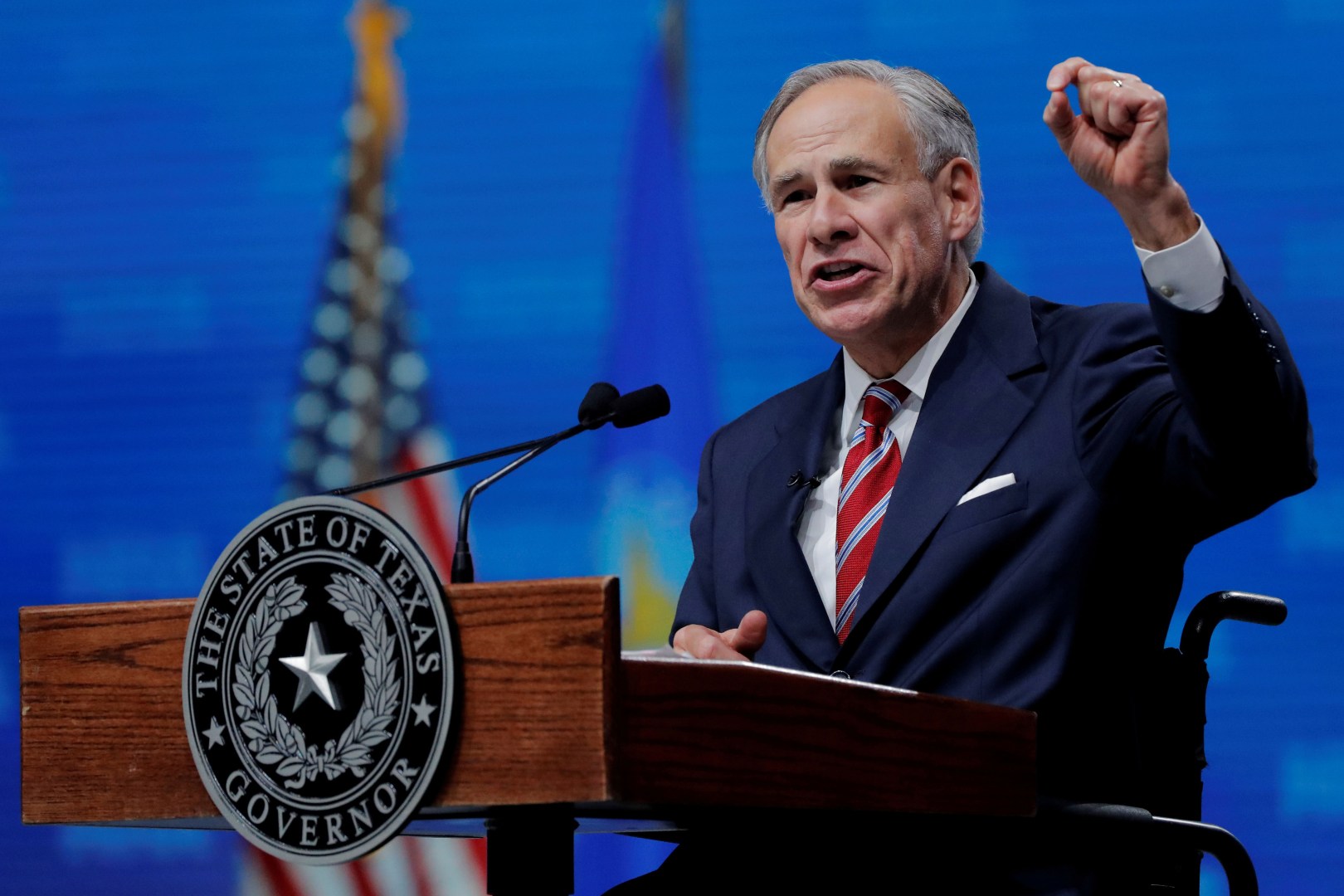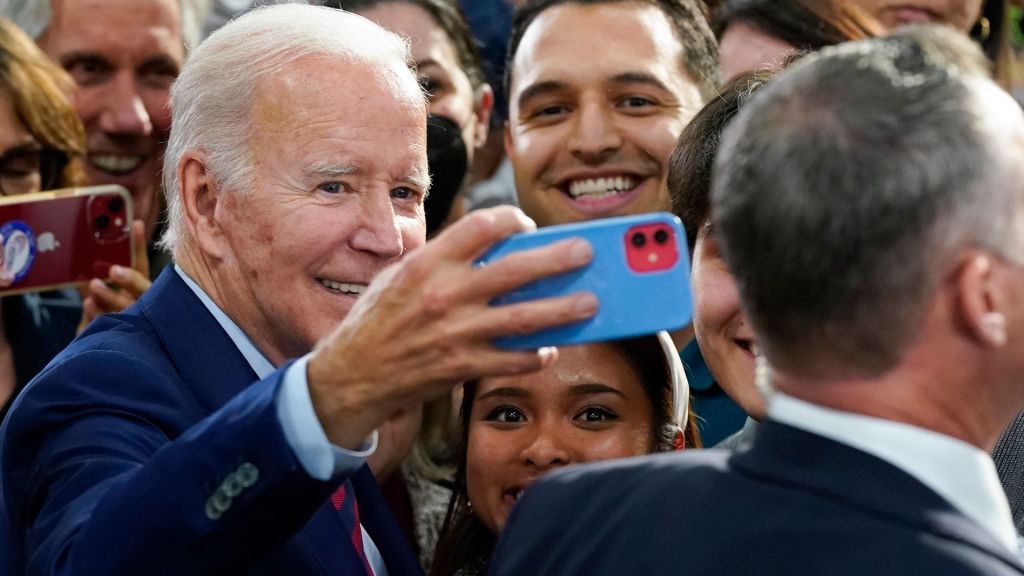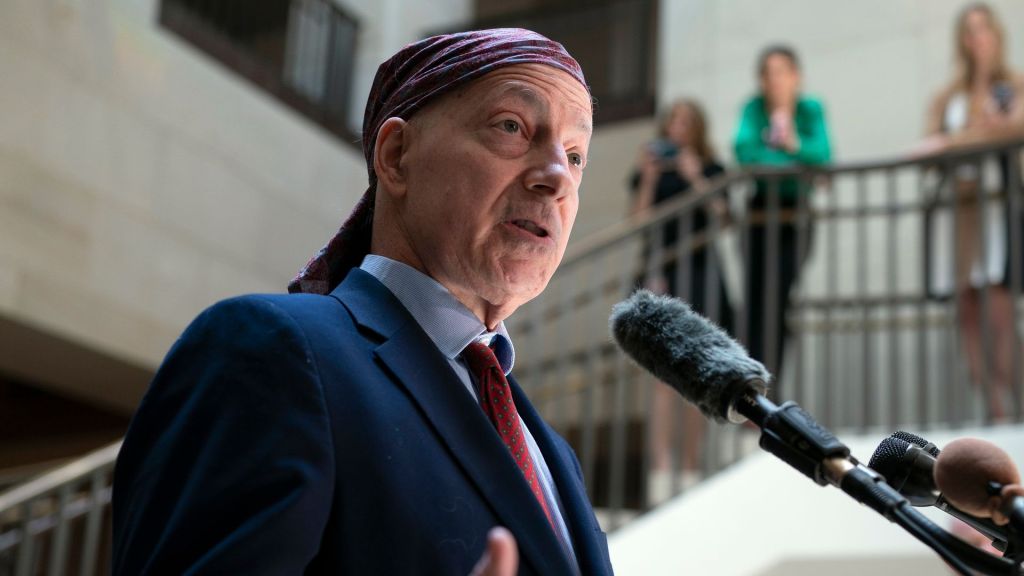
Gov. Greg Abbott (R) Texas: “Now, one thing that all Texans can agree, and that is that we must have trust and confidence in our elections. The bill that I’m about to sign helps to achieve that goal. One thing that it does is it ensures that every eligible voter will have the opportunity to vote. One way that it achieves that is it provides even more hours of time for people to be able to go cast their vote.”
“I feel extremely confident that when this law makes it through the litigation phase, it will be upheld in a court of law, because exactly what we’ve said, it does make it easier for people to be able to go vote. No one who is eligible to vote will be denied the opportunity to vote. It does, however, make it harder for cheaters to cast an illegal ballot.”
“The law does, however, make it harder for fraudulent votes, votes to be cast. One area that makes it harder to cheat concerns mail in ballots. Now mail in ballots, this is an area where both Republicans, as well as Democrats agree has been the easiest way to cheat in the election process. The law that I’m about to sign fixes that problem. Another issue that this law addresses is ballot harvesting. It makes ballot harvesting a third degree felony.”





